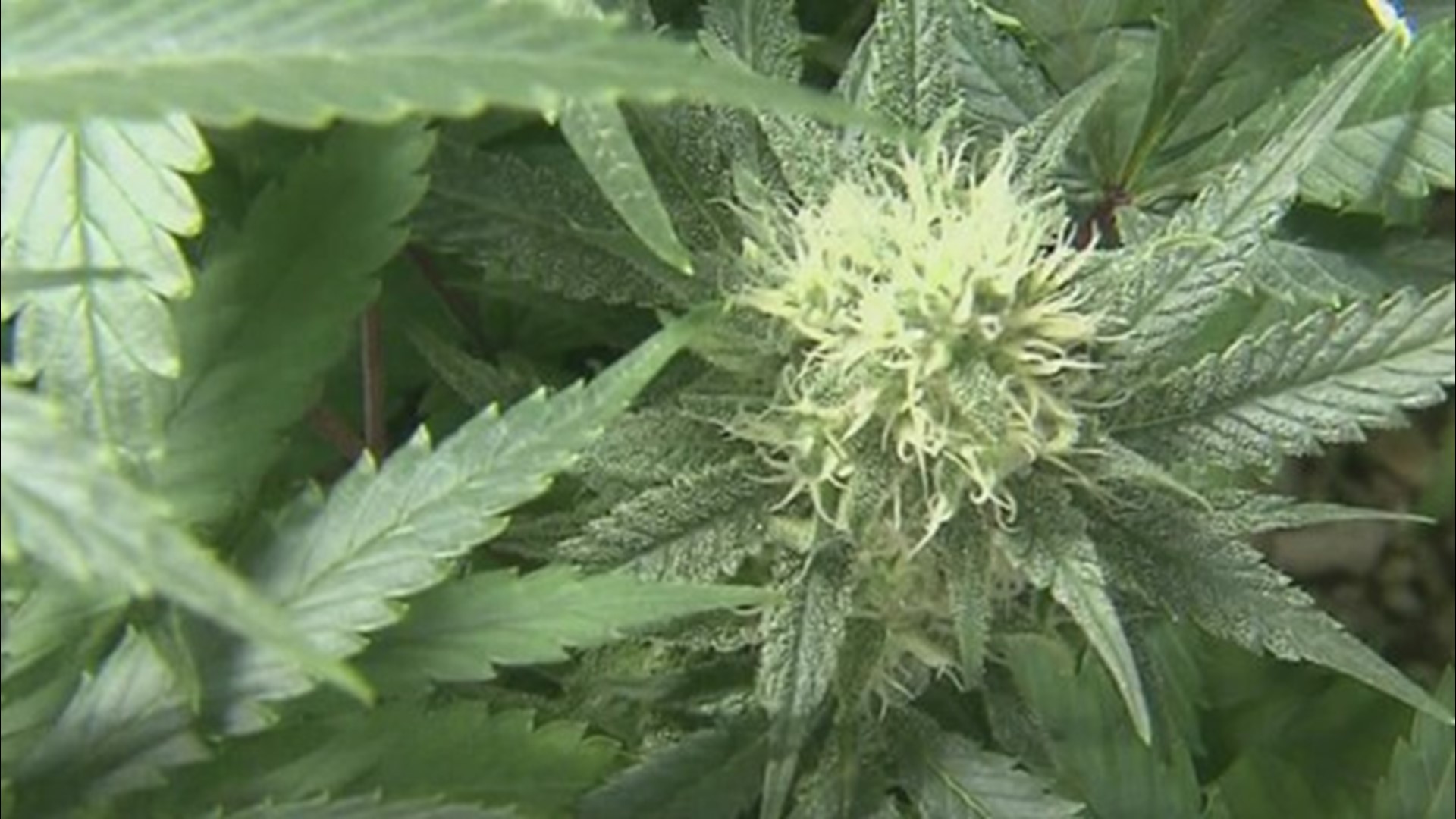HARRISBURG, Pa. — Pennsylvania received a C+ grade in patient access to medical marijuana, according to the American for Safe Access report card released this month.
Three years after the state Medical Marijuana Program was established, legislators are working out the kinks with legislation to improve access and more. The opportunity to vote on that legislation will be possible when the state House reconvenes next Tuesday.
Several measures are already in the works. State Sen. Mike Regan (R-Cumberland/York) and State Sen. James Brewster (D-Allegheny) are actively drafting a bill that would expand who can prescribe or be prescribed medical marijuana. The bill would eliminate the current 23 qualifying medical conditions to get a medical marijuana card, as well the list of approved prescribers. Instead, any doctor authorized to prescribe controlled substances could write a medical marijuana prescription for a patient. The bill would also end the $50 annual renewal requirement.
State Sen. Sharif Street (D-Philadelphia) plans to reintroduce another measure, along with co-sponsor State Sen. Daniel Laughlin (R-Erie), to reduce costs for patients by allowing them to grow a limited number of cannabis plants.
“This is a medicine that’s very helpful to a lot of people, but it’s cost prohibitive in ways that other medicines aren’t because you have to pay for it in cash. You can’t use health insurance,” said Sen. Street. “But the fact of the matter is you can grow it, and that’s a lot cheaper.”
Vague wording in the current medical marijuana law creates a gray area for workers with medical marijuana cards, who could be fired for testing positive for THC.
A bill was introduced last year that would have placed more specific restrictions on people in “safety-sensitive positions,” such as first responders, miners and pharmacists. The Pennsylvania Chamber of Commerce and Industry said employers would like to see that bill reintroduced.
“Those rules exist for other types of medications and we believe that same standard should apply to medical marijuana as well,” said Chamber of Commerce Vice President for Government Affairs, Alex Halper.
Another measure addresses DUIs. Pennsylvania has a zero-tolerance law that can criminalizes any amount of cannabis or its metabolites in a driver’s blood. Law enforcement do not have to run a sobriety test for cannabis DUIs. Pittsburgh-based criminal defense attorney Patrick Nightingale said he has had multiple clients charged with DUI simply because they used medical marijuana.
“A Pennsylvania patient could literally face a year in prison for not being impaired while operating a motor vehicle merely because they had non-psychoactive metabolites,” said Nightingale, who also serves as executive director of NORML’s Pittsburgh chapter.
Nightingale supported a proposed law that would make proof of impairment necessary for a cannabis DUI.
None of these measures address full decriminalization or legalization. Gov. Josh Shapiro campaigned to join neighboring states New York, New Jersey and Maryland in legalizing adult-use cannabis. The prospect remains unlikely for now, as Senate Republican leadership have signaled they would not support cannabis legalization in Pennsylvania until it is decriminalized federally.

